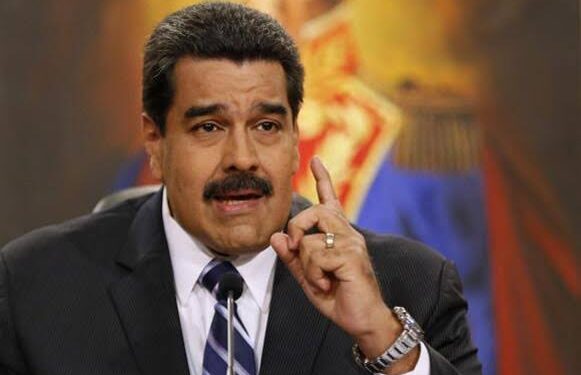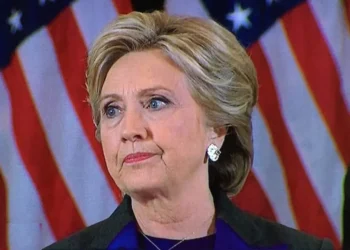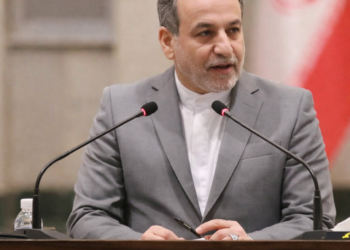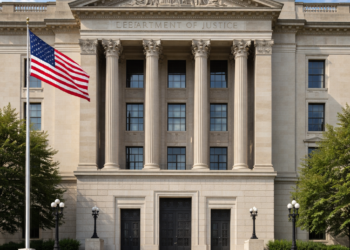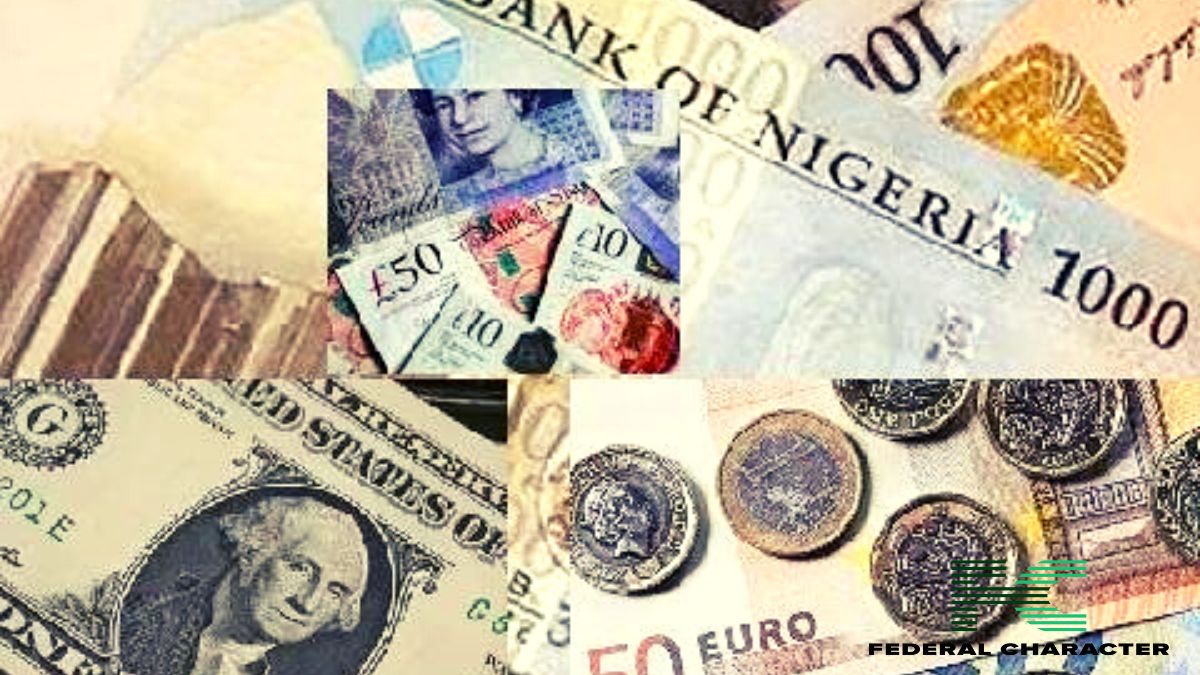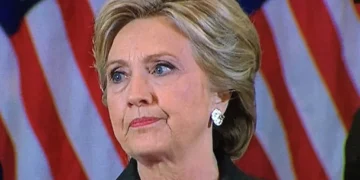Venezuela once again finds itself at a crossroads. On Wednesday, the nation will witness two contrasting rallies, one from the opposition, and another from the ruling party. Both are set to mark the one-month anniversary of the highly disputed election that has thrown Venezuela deeper into deep problems.
The Election That Sparked a Firestorm
The Venezuelan Electoral Council, in a move that many find dubious, has declared Nicolas Maduro the victor of the July 28 election. Maduro, who has been in power since 2013, claims to have secured another term, but in a plot twist fit for a telenovela, the council has not released the full voting results. Meanwhile, the opposition, led by Edmundo Gonzalez, has presented its own set of figures showing a decisive win for their candidate. Who should we believe? It’s a case of “he said, she said,” but with far more at stake.
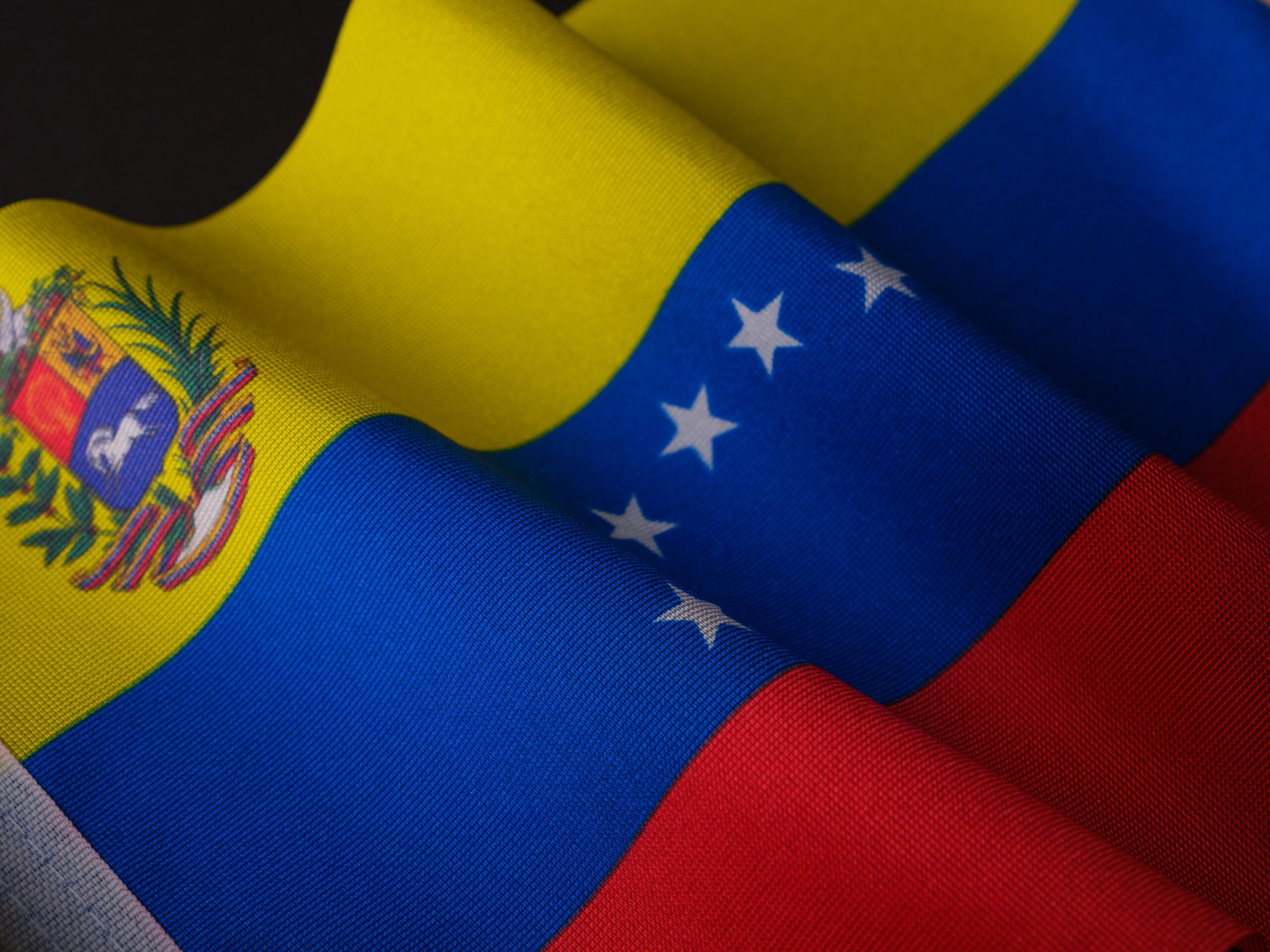
Arrests and Protests: A Nation on Edge
As expected, the election has sparked more than just a war of words. There have been international calls demanding transparency, but the Maduro government seems more interested in silencing dissent than in providing answers. Deadly protests have erupted across the nation, and the regime’s response has been swift and brutal. Opposition leaders and journalists are being arrested.
Maria Corina Machado, one of the opposition’s leading voices, remains defiant. “The peaceful protests and international pressure have the power to unseat Maduro,” she declared at a rally in Caracas. Yet, even as she spoke, her supporters reported the arrests of several opposition figures, including a lawyer for her movement. The message from the government is clear: dissent will not be tolerated.
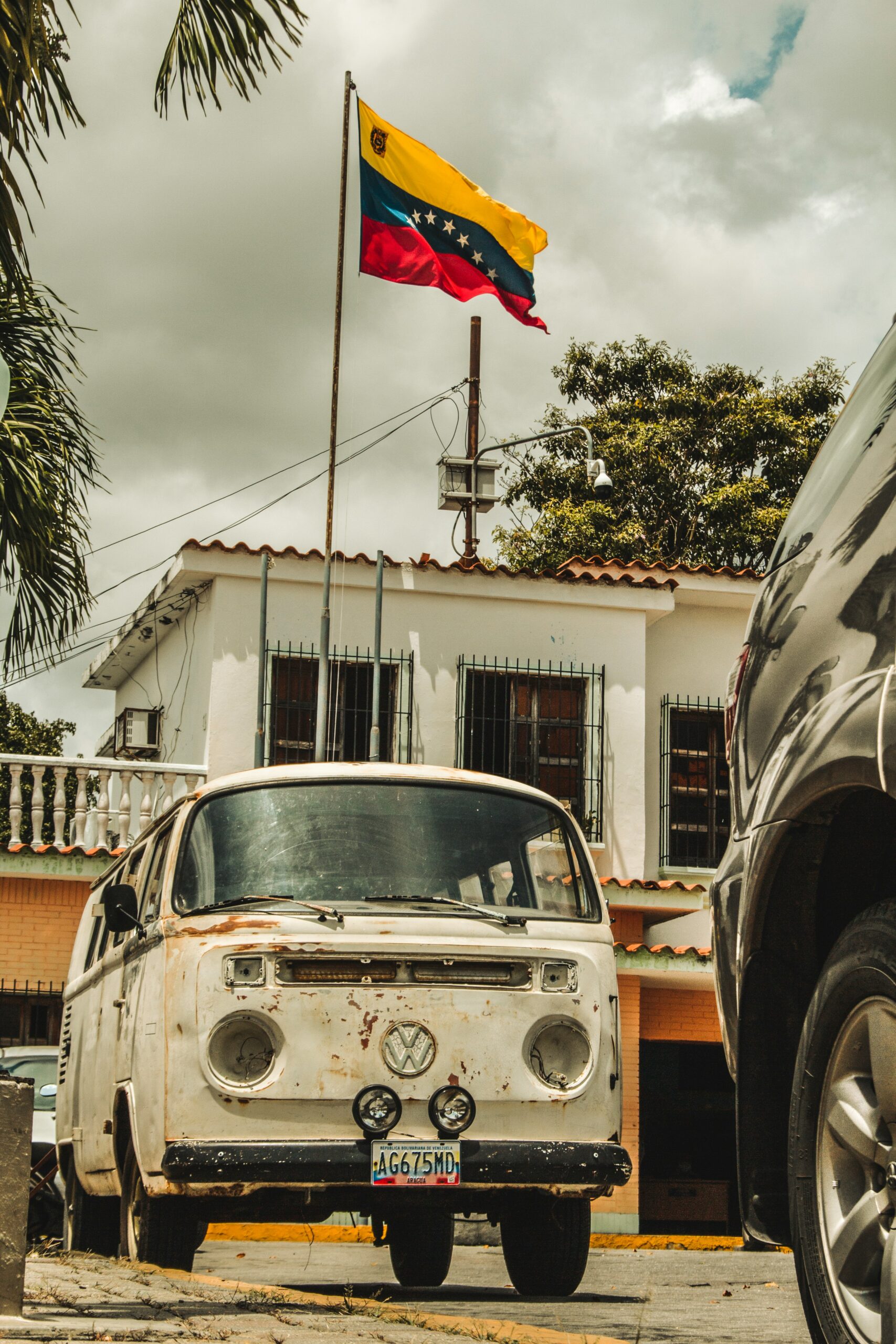
An Uprising or an Exodus?
Despite the climate of fear, small groups of opposition supporters are still gathering. In the western city of Maracaibo, fewer than 100 brave souls protested under the watchful eyes of the police. “This is the last gathering I’ll attend,” lamented Stiward Prieto, a 23-year-old engineering student. Having lost his job at a public power company due to his political views, Prieto, like many others, sees no future in a country that has systematically dismantled any semblance of democracy. He plans to leave Venezuela by week’s end, waving a Venezuelan flag as a poignant farewell.
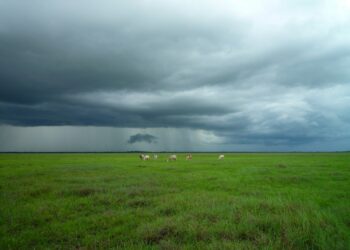
A Nation Scattered
The scene is much the same in other cities like San Cristobal, Barquisimeto, Valencia, and Puerto Ordaz, where scattered protests continue to draw mainly older adults. These are the people who remember a different Venezuela, a country where speaking out didn’t come with the risk of imprisonment or worse.
“My family has scattered across the globe,” said Maria Carrasquel, a retired teacher. “From a large extended family of nearly 600, only 25 remain in Venezuela. The rest are in Chile, Turkey, Spain, Italy, Australia—everywhere.” With a pension that barely covers the cost of food, her story is a grim reminder of the harsh realities facing many Venezuelans.
A Government Unyielding
Over 7.7 million Venezuelans have already fled the country in recent years, and many more are considering leaving if the current regime stays in power. The protests since the election have already claimed 27 lives, and according to human rights group Foro Penal, around 1,780 people, including 114 minors, are currently imprisoned for political reasons. The government’s response to these figures? A collective shrug.
The opposition leaders, Gonzalez and Machado, find themselves in the government’s crosshairs. Both are under investigation for incitement and other supposed crimes. The Attorney General, Tarek Saab, has even threatened to arrest Gonzalez if he fails to appear for questioning regarding the opposition’s release of voting data. It seems the Maduro administration is more interested in silencing its opponents than in addressing the people’s demands for transparency and justice.

Shuffling Chairs on the Titanic
Meanwhile, Maduro is busy shuffling his cabinet like a deck of cards. In a bid to divert attention from the election debacle, he has reassigned key positions. Vice President Delcy Rodriguez now also oversees the oil ministry, while Diosdado Cabello, a notorious hard-liner, returns as interior and justice minister. Hector Obregon has been appointed as the new head of the state oil company, PDVSA, a move that comes amid reports of forced resignations at the oil ministry and other state entities over political disagreements.

